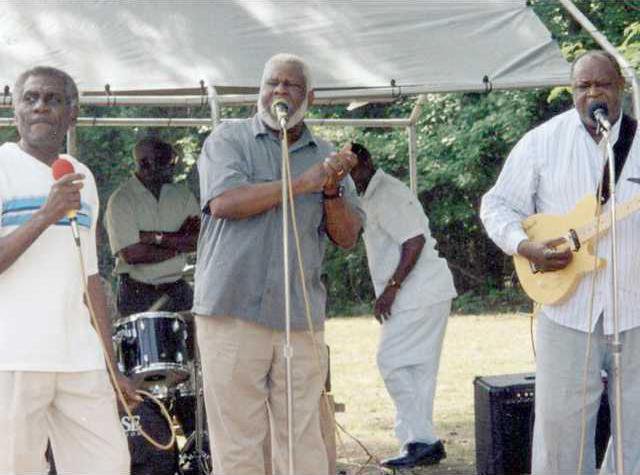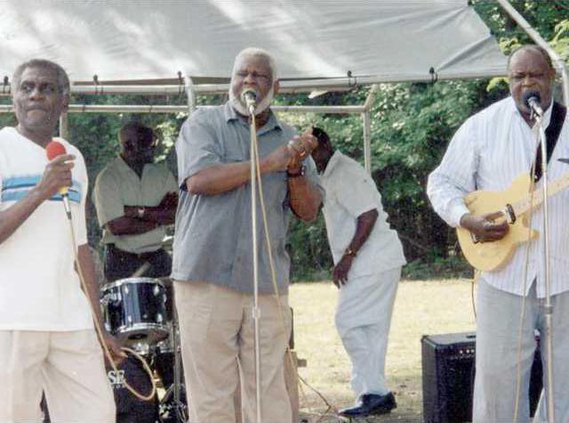The 10th annual Geechee Gathering takes place this Saturday from 11 a.m.- 5 p.m. in Riceboro.
Organizer and founder of the Geechee Kunda Center Jim Bacote called the gathering “wholesome family fun” that includes Geechee historians, shouters, artists, musicians, dancers, “African spirits” and food.
Special guest performers will include Chief Johnny “Running Deer” Bright and the Cherokee Band, he said.
“My wife (Pat) and I have always been history buffs,” Bacote said, noting that business trips and family vacations often include opportunities to research history, particularly the history of the Geechee-Gullah people.
“I started going to Africa years ago, first to Togo.”
Bacote, a former Marine with a background in visual arts and advertising, has traced his family history to the slaves who turned Georgia’s rice plantations into the Coastal Empire. He also traced his family back to Guinea in West Africa.
By the 18th century, West Africa was being called the Ivory Coast for the tons of ivory shipped from there. Bacote said it was also called the Rice Coast for the thousands of men and women kidnapped from their homes in Guinea, Ghana, Sierra Leone and Senegal. Due to their expertise in rice production and immunity to malaria and yellow fever, they were forced to work the rice fields of coastal South Carolina and Georgia.
According to The New Georgia Encyclopedia, the Geechee and Gullah people, who still live along coast, are descendants of those West African slaves. The website said Gullah now is applied to those islanders in South Carolina, and Geechee is for those in Georgia. However, both groups have retained common culture and language traditions, thanks to the efforts of men like Bacote.
“When I went to Burkina Faso, I found members of my family,” Bacote said, referring to the West African country. “I was doing a test out for a new business. I knew my family had fled there from Guinea during the height of the slave trade.”
He described the encounter with his family as a homecoming, which led him and his wife to create the Geechee Kunda Center in Riceboro in 2003. He said initially the center was to be a family history repository and place for a family reunion — a reunion of Geechee people. That first year of the gathering, he said more than 800 “family” members came to celebrate their heritage with music, dance, art and food.
“A gathering is both a coming together and a harvesting of crops,” Bacote said. “Everybody brings something to the gathering. Here, you learn the complete story of the African experience in America. It’s a living history with performances, good life drums, exhibits and food, lots of food.”
Bacote said it’s appropriate that the center is on land that was once part of a 4,000-acre rice plantation. He admitted brutality and cruelty were a part of that plantation, but there were also acts of resistance and kindness.
“We think the gathering can be a place of great healing,” he said. “That’s why we want everybody to attend.”
Sea island cultures in spotlight Saturday
10th annual Geechee Gathering near Riceboro


Sign up for our e-newsletters